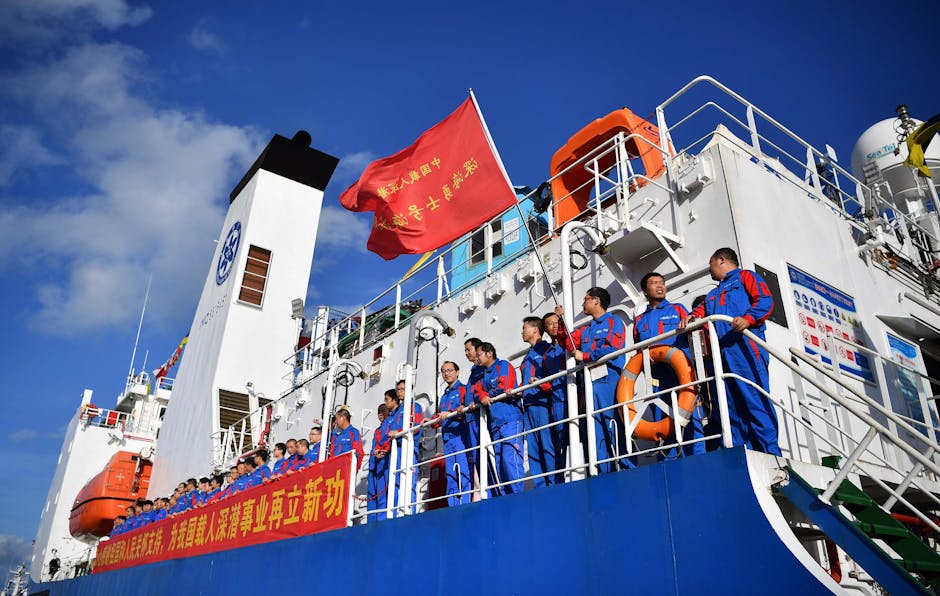China’s Marine Research in Japan’s EEZ: A New Diplomatic Flashpoint
China’s recent marine scientific research activities within Japan’s Exclusive Economic Zone (EEZ) have reignited tensions between the two Asian neighbors. The move underscores the ongoing geopolitical complexities in the Indo-Pacific region.
Japan’s Response and Accusations
Reports indicate that Chinese research vessels conducted surveys in waters off Japan’s southern islands, which Tokyo claims as part of its EEZ under international law. Japan has formally protested, accusing China of violating the United Nations Convention on the Law of the Sea (UNCLOS).
China’s Defense and Claims
China has defended its actions, asserting that the research is lawful and aligned with international norms. A spokesperson for the Chinese Foreign Ministry described the activities as “peaceful and scientific,” aimed at advancing marine research and environmental understanding. Beijing also reiterated its claim that certain areas within Japan’s EEZ are part of China’s “traditional fishing grounds,” a stance Japan has consistently rejected.
Broader Regional Implications
This incident is part of a pattern of China’s assertive maritime activities in disputed waters, from the South China Sea to the East China Sea. The latest research mission has brought the dispute closer to Japan, raising concerns about China’s strategic ambitions in the Indo-Pacific.
Japan’s Diplomatic and Strategic Moves
Japan has responded with a measured yet firm stance, calling for transparency from China and emphasizing the importance of respecting international maritime laws. Tokyo has also strengthened its defense capabilities and deepened security ties with the United States and other allies.
Expert Insights on Dual-Use Research
Experts suggest that China’s marine research could serve both scientific and strategic purposes. “Marine research is often dual-use,” said Dr. Akira Tanaka, a maritime security analyst. “It can contribute to environmental knowledge while also providing valuable data for military and resource exploration.”
International Reactions
The United States has expressed support for Japan’s position, reaffirming the importance of a rules-based international order in the Indo-Pacific. “We stand with Japan in upholding international law and ensuring that all nations respect maritime boundaries,” a U.S. State Department spokesperson stated.
The Road Ahead
As tensions persist, the focus will be on whether diplomatic efforts can ease the situation or if this incident will further strain Sino-Japanese relations. Both nations play critical roles in the region’s economic and geopolitical landscape, making resolution essential for stability.
A Contested Maritime Domain
The waters off Japan’s southern islands symbolize the broader contest for influence in the Indo-Pacific. As China expands its maritime footprint and Japan reinforces its defenses, the world watches to see how this delicate balance unfolds.




